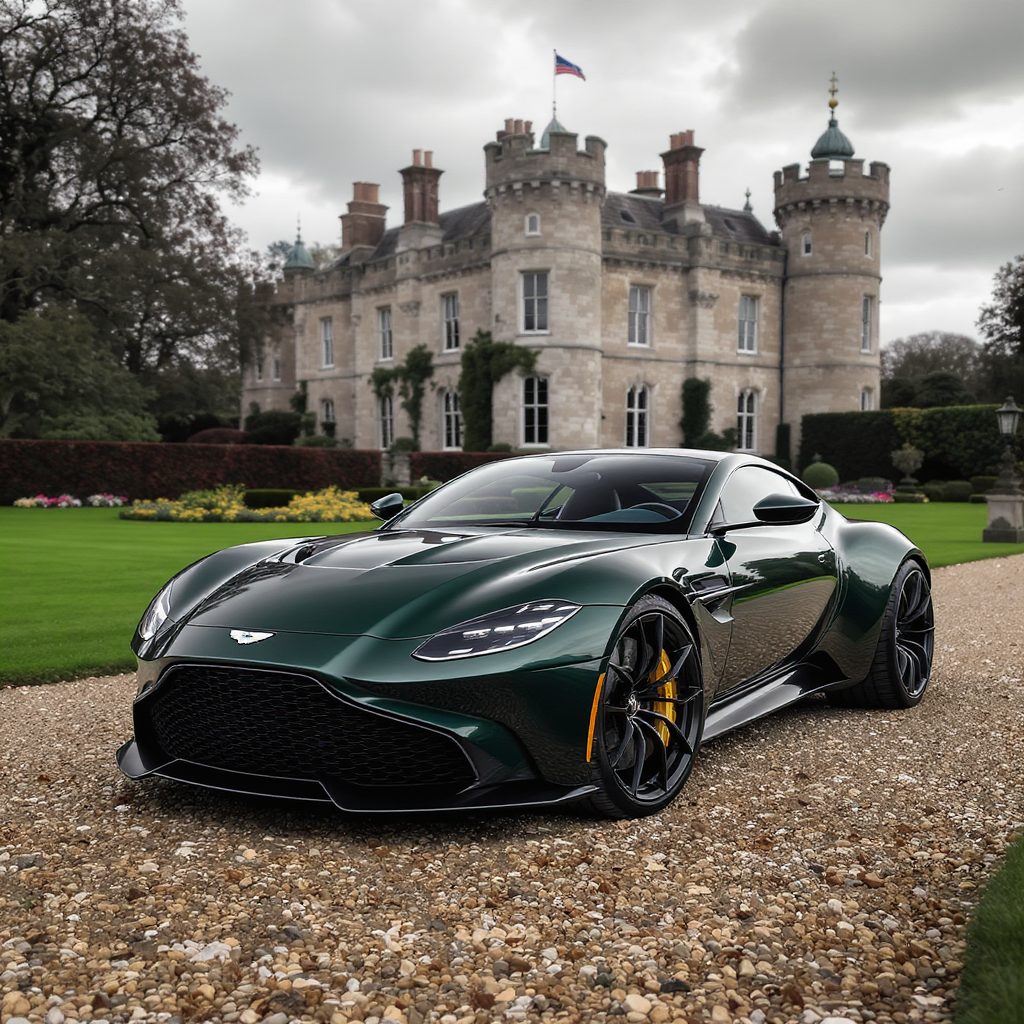
China's automotive sector is experiencing significant momentum as manufacturers push aggressively into new markets while the domestic electric vehicle segment continues robust growth. Leading Chinese automaker BYD is spearheading export efforts by targeting Japan's traditionally protected kei car segment with new compact electric models, while also developing vehicles to compete in other global niches. Meanwhile, domestic sales data reveals strong performance for battery electric vehicles, even as China's latest five-year economic plan signals a potential shift in government priorities away from new energy vehicles. These developments highlight the maturing confidence of Chinese manufacturers and evolving competitive dynamics both at home and abroad.
Chinese electric vehicle sales demonstrated continued strength in recent months, with battery electric vehicles recording a 29 percent year-over-year increase and capturing 37 percent of the total Chinese car market in September, marking a record month for the segment [1]. However, plug-in hybrid vehicles experienced a 3 percent decline compared to the previous year during the same period. This sales performance underscores the growing consumer preference for fully electric powertrains in the world's largest automotive market, even as overall plugin vehicles achieved another milestone month.
BYD, China's largest automotive brand, is making an unprecedented push into Japan's highly protected kei car segment with its new Racco electric vehicle, the smallest model the company has produced to date [2]. The kei car category has historically been dominated by Japanese manufacturers including Honda, Suzuki, Daihatsu, and Nissan [3]. This strategic move represents a direct challenge to Japanese automakers on their home turf and demonstrates Chinese manufacturers' confidence in competing across diverse vehicle segments globally. BYD is also expanding its portfolio with plans for a compact pickup truck to rival models like the Hyundai Santa Cruz [4].
International competition is intensifying as foreign manufacturers respond to Chinese pressure. Mitsubishi engineers developing the hybrid Triton have benchmarked BYD's Shark 6 plug-in hybrid pickup and identified its off-road performance limitations [5], suggesting established automakers are taking Chinese competitors seriously. Meanwhile, Hyundai launched its all-new ELEXIO all-electric SUV through its Beijing Hyundai joint venture [6], demonstrating that foreign brands continue investing in the Chinese market despite intensifying local competition.
A notable policy development emerged as China published its latest five-year economic plan without highlighting new energy vehicles as a top priority [7]. This omission marks a significant shift from previous planning cycles where electric vehicles received prominent government support and policy emphasis. The change may signal that Chinese authorities view the electric vehicle sector as sufficiently mature to compete without intensive state backing, or could reflect evolving economic priorities as the industry transitions from development to commercialization phases.
- https://cleantechnica.com/2025/10/30/bevs-up-29-yoy-phevs-down-3-yoy-september-2025-china-ev-sales-report
- BYD Racco EV: China's biggest auto brand taking on Japanese on their home turf
- China Is Coming for Japan’s Tiny Cars — Meet BYD’s New Electric Kei Car
- BYD Working On Compact Pickup to Rival the Hyundai Santa Cruz
- Mitsubishi Triton Hybrid engineers find BYD Shark 6 PHEV's off-road limits
- Hyundai Launches ELEXIO SUV For China
- https://cleantechnica.com/2025/10/30/china-omits-mention-of-new-energy-vehicles-in-latest-5-year-plan








